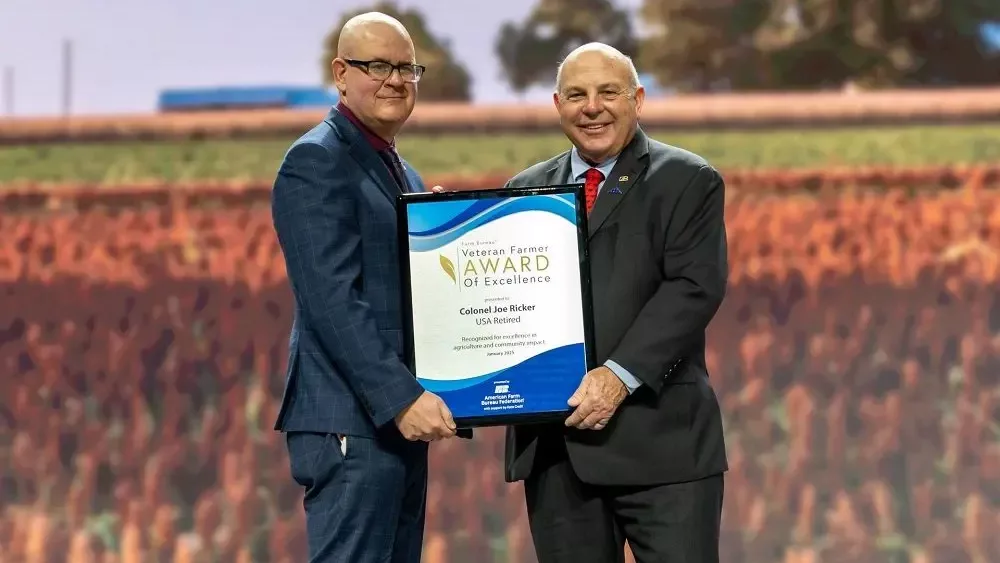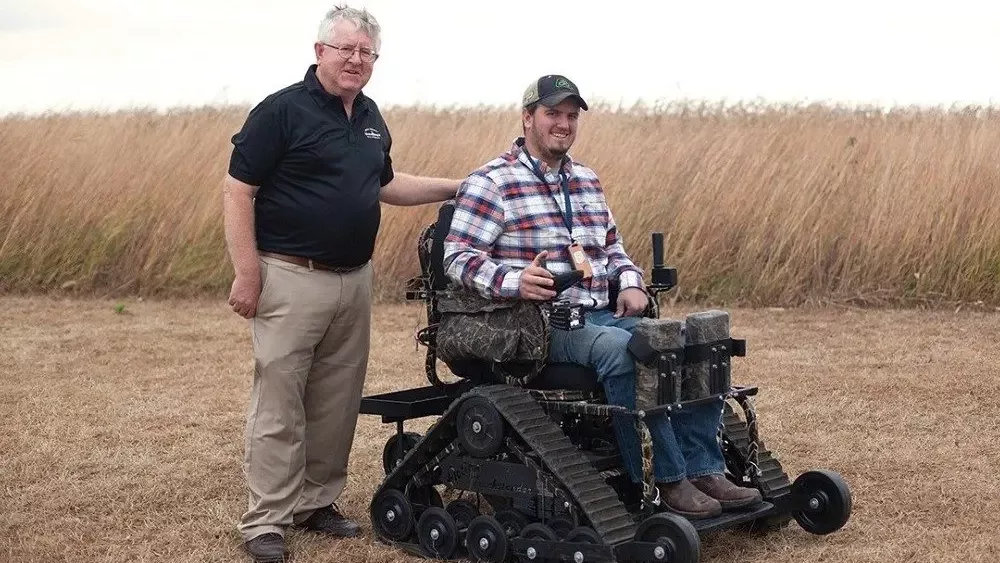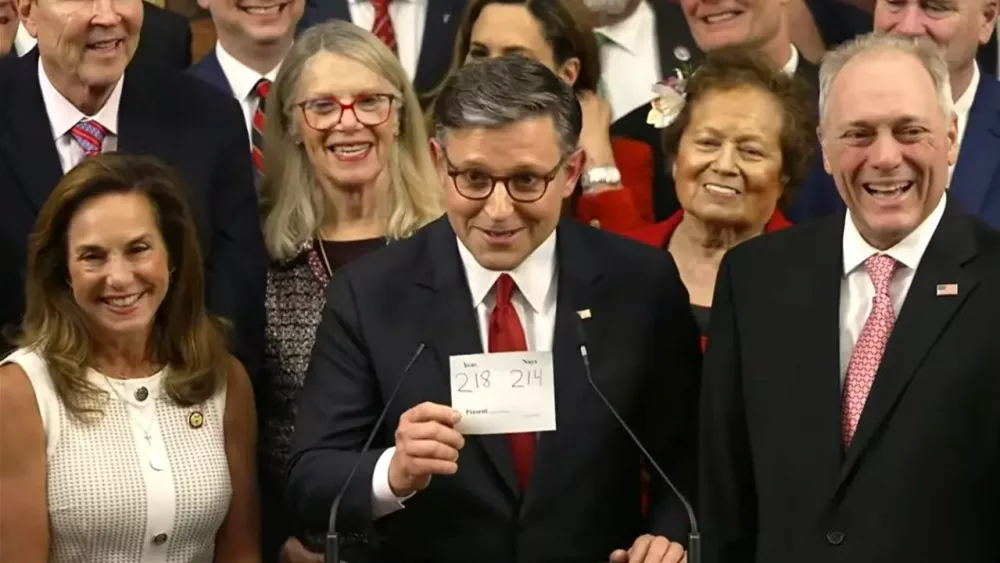
Back in April, the Department of Homeland Security and Citizenship and Immigration Services decided to amend regulations for hiring H-2A workers.
Before COVID, workers who might have had an issue during the process needed to go through an in-person interview. Because of the pandemic, this step has been canceled to limit person-to-person contact.
“Oftentimes those workers are returning workers, and they could get through the interview process and explain what the previous immigration violation was about and still process through,” said Bob Boehm, general manager of the Great Lakes Ag Labor Services (GLALS). “Only those that can receive the waiver of a face-to-face interview have been able to cross [the border].”
Boehm said that has led to some issues for returning workers who had historically been able to come back.
“Overall, we’ve been able to work through those issues and keep those H-2A processes moving,” said Boehm.
Of GLALS’s clients, 75 to 80 percent of workers return to those farms.
“We’ve been able to continue to build on returning workers that come back, often to the same farms,” said Boehm. “Things have been moving along. [There’s] some concerns with transportation because the lack of tourism has reduced the transportation options. Overall, we’ve been able to provide the workers that are needed for the farms so far.”
From workers being in transit to the farms and on the farms, Boehm said one of the biggest issues is the lack of sufficient supply of PPE. GLALS has found suppliers to provide alternatives. He added that a lot farms have prepared to keep their workers safe.
“A lot of our farms are doing daily temperature checks and trying to monitor health to make sure that if there’s an issue, there will be quarantine facilities and proper health department notifications,” said Boehm.
Michigan is now in the top ten states that utilize H-2A workers.
The rule will be lifted on August 18, 2020.





